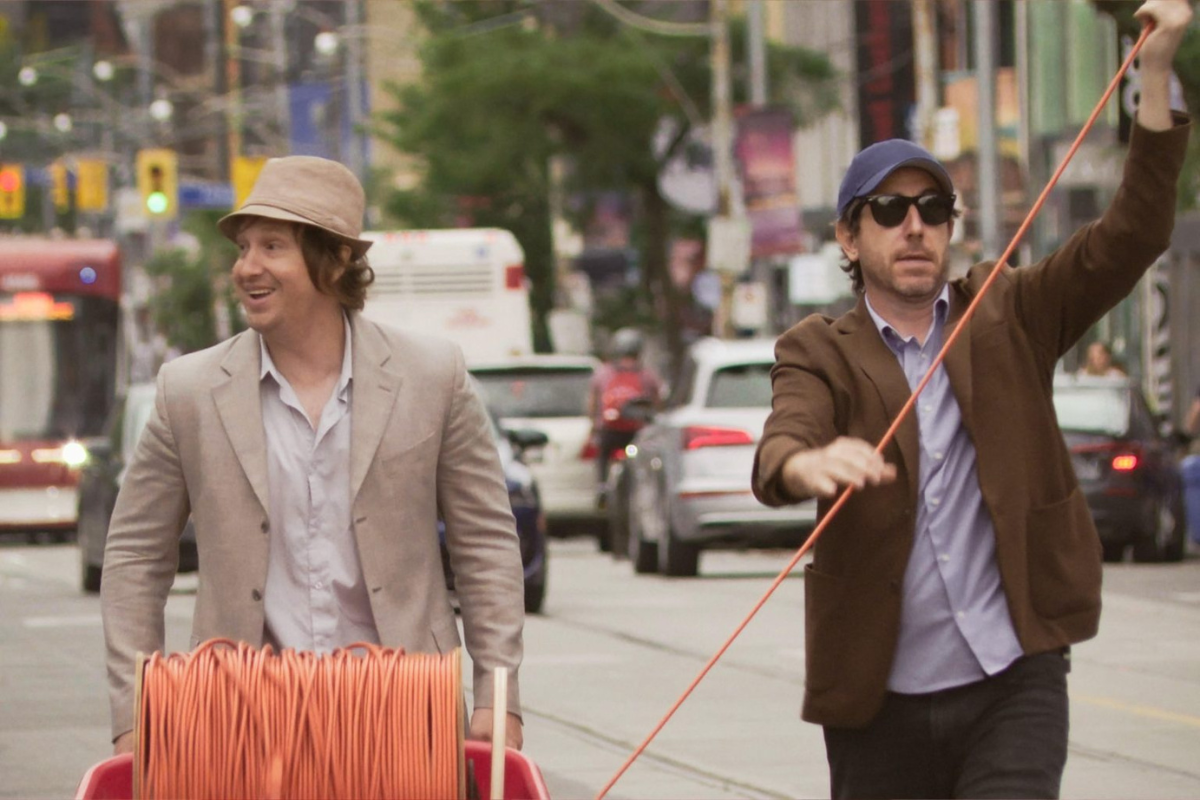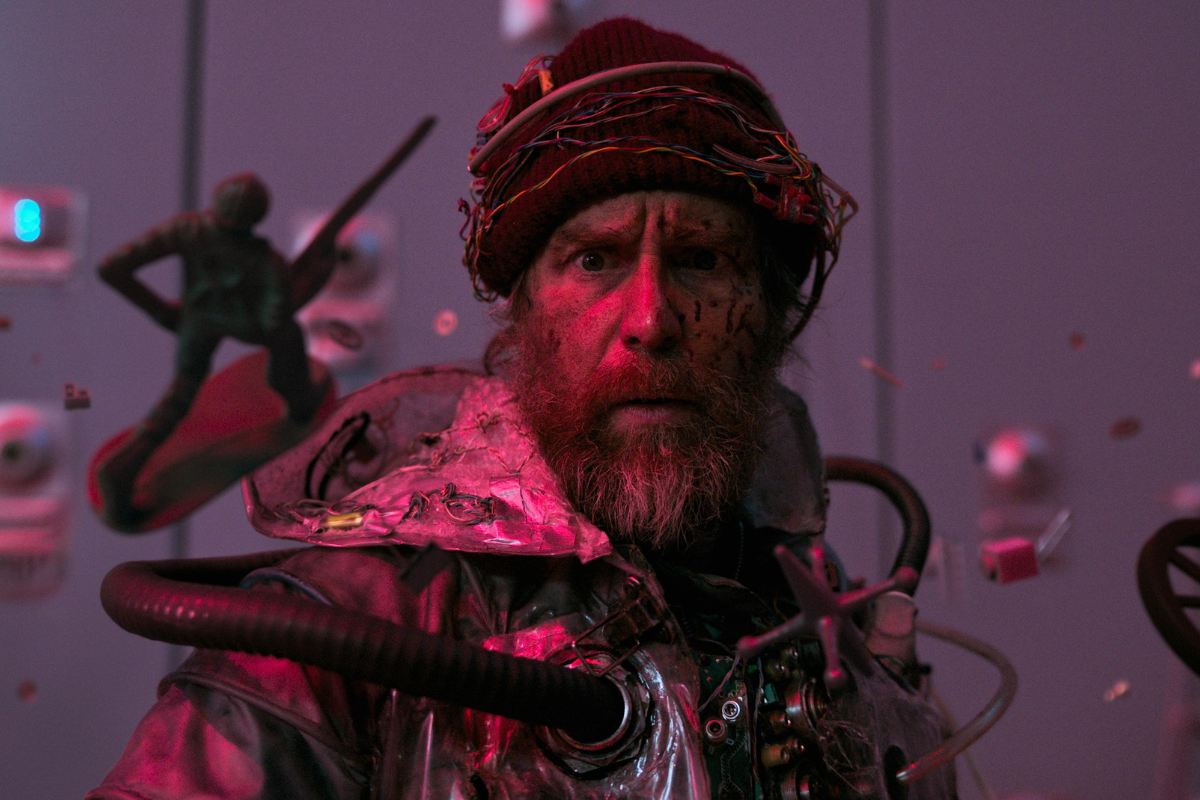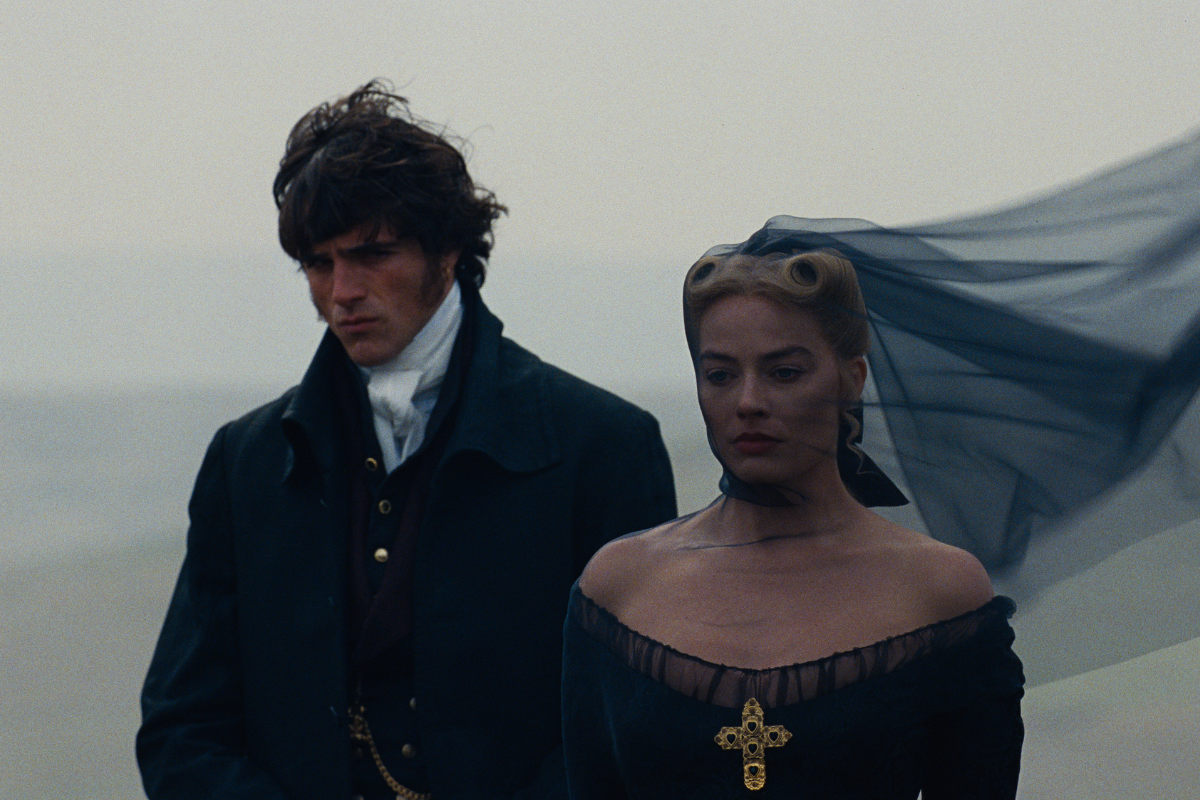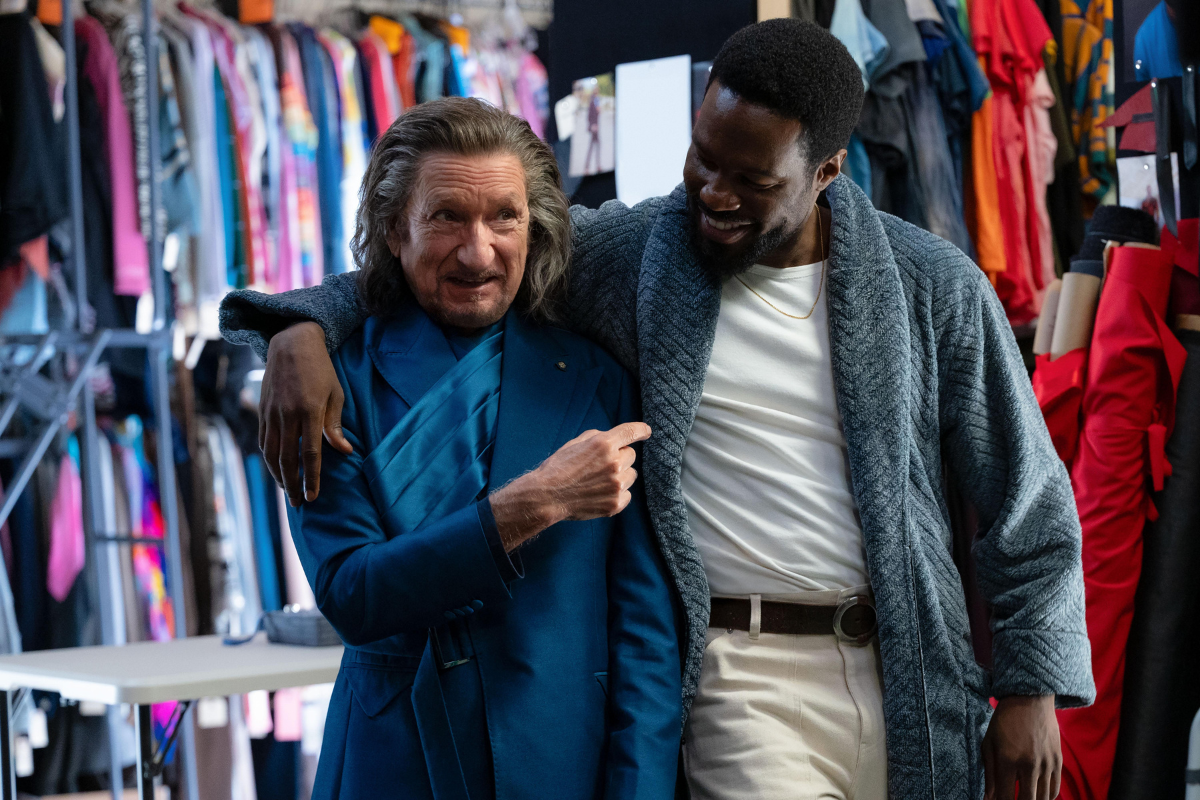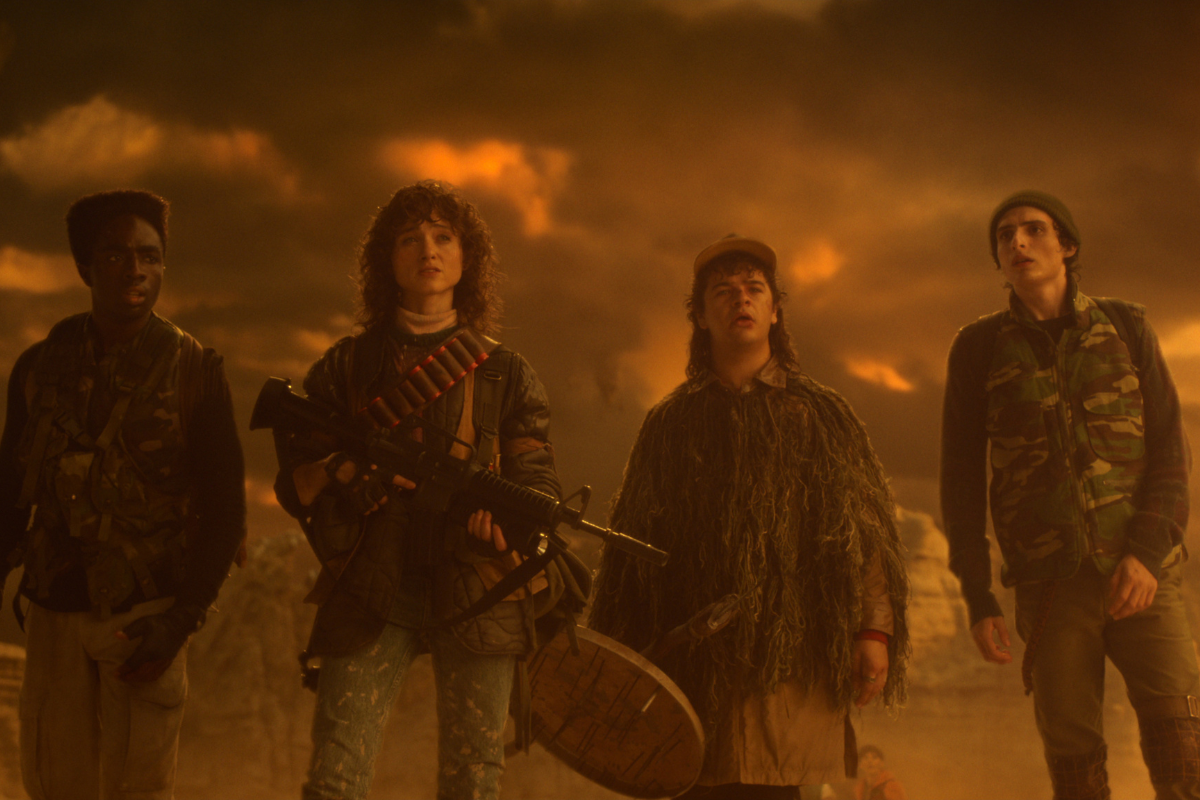History of the Eagles: The Story of an American Band
At a whopping four hours, The History of the Eagles new documentary is well-filmed, well-structured and tells the whole story of one of America’s greatest bands. Intimate in the interviews,…
At a whopping four hours, The History of the Eagles new documentary is well-filmed, well-structured and tells the whole story of one of America's greatest bands. Intimate in the interviews, archival material and even home movies provide insight into the rise and fall of the Eagles. However, the enduring legacy and constant airplay might indicate the band never had a demise.
For a full discography, a simple Google search on "Eagles, discography" will provide an immediate listing of recordings and songs plus dozens of sites duplicating the same information. Just about everyone has a favorite Eagle's song. The list of hits is a long one, from the earliest "Take It Easy" through the classic "Hotel California," to the continued solo efforts of Don Henley, Glenn Frey and Joe Walsh ("Boys of Summer," "You Belong To The City," "Rocky Mountain Way," respectively).
The Eagles were born from the "L.A. Sound," a sound they helped create, which included artists like Linda Rondstadt, Jackson Browne, and J.D. Souther. The Troubadour was ground zero for the L.A. sound along with appearances by many of the hottest acts of the time.
The history of the band isn't all that unique, very much following the standard template for most major bands from both America and England. Armed with pockets full of influences, they played small clubs in the L.A. area and started recording songs that never went anywhere. Once the hits start coming, drugs, sex and rock and roll invevitably follows. Someone in the band seems to always have greater problems with drugs and alcohol than the others, and for the Eagles, that would be Joe Walsh.
Unless you've been there, it's hard to imagine life at the top. But again, like so many other bands, the chemistry that built a phenomenon begans to fade. "Artistic differences" is the classic reason for band break ups or members leaving. But the sheer rigors of endless touring and living, as the Eagle's so aptly captured in one of their biggest hits, "Life In The Fast Lane" ultimately takes its toll.
After signing to David Geffen's new label, Asylum, and with Irving Azoff as their manager, the Eagles began their real growth as recording/touring band. Top mix engineer, Glyn Johns, was a key element in shaping the Eagle's sound as well. Eventually Johns was replaced by Bill Szmczyk. The Eagle's were excellent players, and clearly magical songwriters. But what really defined the Eagle's sound was phenomenal harmonies, heard in nearly every one of their songs. Songs like "Seven Bridges Road," "Hotel California" and "Heartache Tonight" stand out from the usual two or three-part harmonies, a staple of all their songs.
The Eagle's are part of Classic Rock history. Frequently categorized as a Country/Rock band, one of their first hits, "Peaceful Easy Feeling," resonated with the times, marked by the Vietnam War, riots and civil unrest. Although underneath the facade the Eagles were family men and "regular guys," they were linked to the rebelliousness and "outlaw" image of the times. Their song, "Desperado," originally bombed when it was first released, but later made into a hit courtesy of Linda Ronstadt.
Self-conscious about the Country/Rock label, bringing in Joe Walsh out of the James Gang, gave the Eagles the edge they needed. Walsh replaced Don Felder as the 3rd guitarist. Other members included Randy Meisner, who took "Take It To The Limit" to number one, and Timothy B. Schmit (both Meisner and Schmit came out Poco) and Bernie Leadon (Flying Burrito Brothers and Eagle's founding member). With Irving Azoff at the helm, the band played its role in music business history as well, having sued Geffen and Warners during a time when there was no standardization of business practices, royalty shares or publishing rights.
"Hotel California" is noted as the time when the Eagles began to part ways with the making of Long Run as the official breaker. 1980 was there last performance until the reunion in 1994. Because of the stardom, it's easy to blame the stress and tensions of stardom as a cause for a band's breakup. But there was never a rule in rock and roll that stated bands are meant to last forever. It's remarkable that a band like the Rolling Stones stays together after 50 years... but it's not the norm. It's a cultural myth many believe that everything from love and marriage to jobs to bands is supposed to last forever. The drama of the Eagles is not in a conflicted break up, but the fact the band lasted for as long as they did and contributed such an incredible wealth of music to the rock and pop archives.
Ironically, what does last forever is the Eagles music. Needless to say, it's certain the people of the future will need to "Take It Easy" as much as anyone ever needed to in the past. Some bands and artists seem larger than life, almost non-human, like The Beatles or Michael Jackson. The members of the Eagles were immediately accessible; a bunch of regular guys, like Bruce Springsteen. Their personal experiences were no different than anyone else. It was almost as if they were a sensible band. They were part of the 70s, but never owned by the 70s. Drugs were experimental and something they grew out of. Drugs did not define them like they did for Hendrix, Joplin, Morrison, and so many others. Walsh's rehab became more important than his addiction, and that sends a strong message.
It's rare to turn on the radio and not hear an Eagle's song or a solo hit from Henley, Frey or Walsh. The Eagles have most certainly played an important role in defining the American cultural landscape and will continue to do so probably... forever.
Related Articles:
- More articles by Jerry Flattum
- Alt Script: How to Pick the Right Independent Producer
- Balls of Steel: The Road to Sundance
- Balls of Steel: Put Up or Shut Up
Tools to Help:


